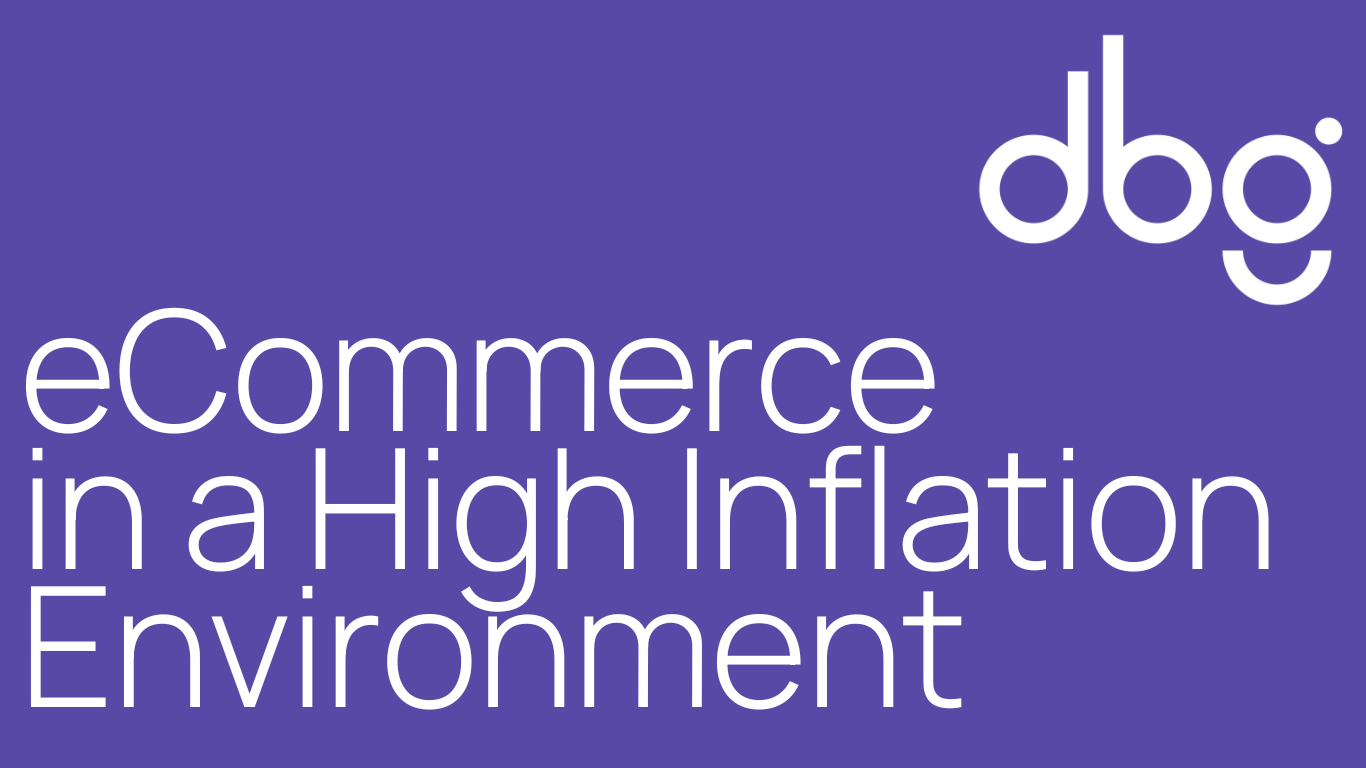 As inflation rates continue to rise, eCommerce businesses face unique challenges and opportunities. Rising costs of goods, increased shipping fees, and fluctuating currency values can significantly impact profit margins. To stay ahead, businesses should closely monitor key economic indicators, understand the market forces at play, and make informed decisions based on real-time data. This level of awareness is crucial for adjusting pricing strategies, optimising supply chains, and managing cash flow effectively.
As inflation rates continue to rise, eCommerce businesses face unique challenges and opportunities. Rising costs of goods, increased shipping fees, and fluctuating currency values can significantly impact profit margins. To stay ahead, businesses should closely monitor key economic indicators, understand the market forces at play, and make informed decisions based on real-time data. This level of awareness is crucial for adjusting pricing strategies, optimising supply chains, and managing cash flow effectively.
Maintaining competitive pricing is always challenging, particularly in a high inflation environment. Strike a balance between preserving profitability and offering value to customers by offering dynamic pricing models and providing transparent communication about price adjustments can help build trust with customers, fostering loyalty even during times of economic uncertainty.
Supply Chain Optimisation:
Inflation can disrupt supply chains, leading to increased costs and delays so it can be useful to proactively assess and optimise supply chains to mitigate these challenges. Diversifying suppliers, negotiating favourable contracts, and leveraging technology to enhance visibility and efficiency can all contribute to a more resilient supply chain. Collaboration with suppliers and logistics partners can ensure a seamless flow of goods.
Customer Communication and Education:
Transparent communication with customers is paramount, always, but especially during periods of high inflation. Clearly explaining the reasons behind price adjustments, potential delays, and any changes to product offerings helps manage customer expectations. Providing educational content on how the inflationary environment may impact the industry as a whole and, consequently, product prices can position your eCommerce brand as a trusted source of information.
Investing in Technology:
In challenging economic times, leveraging technology becomes a strategic imperative. Implementing advanced analytics, artificial intelligence, and machine learning can provide valuable insights for making data-driven decisions. Automation in inventory management, order processing, and customer service can streamline operations, reduce costs, and enhance overall efficiency.
